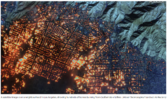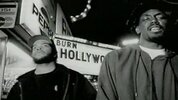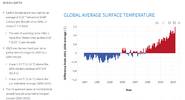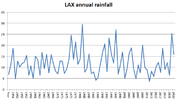Plugger35
Umpiring Expert
- Sep 27, 2008
- 140,258
- 163,085
- AFL Club
- St Kilda
- Other Teams
- Chelsea, Black Caps, Sea Eagles, Subiaco
- Thread starter
- #51
So I was incorrect in thinking this was mostly just wealthy celebrities in the Malibu hills?
A lot of celebrities live around that area and most other people that live there would be pretty wealthy too but it doesn't make what happened any less tragic.









